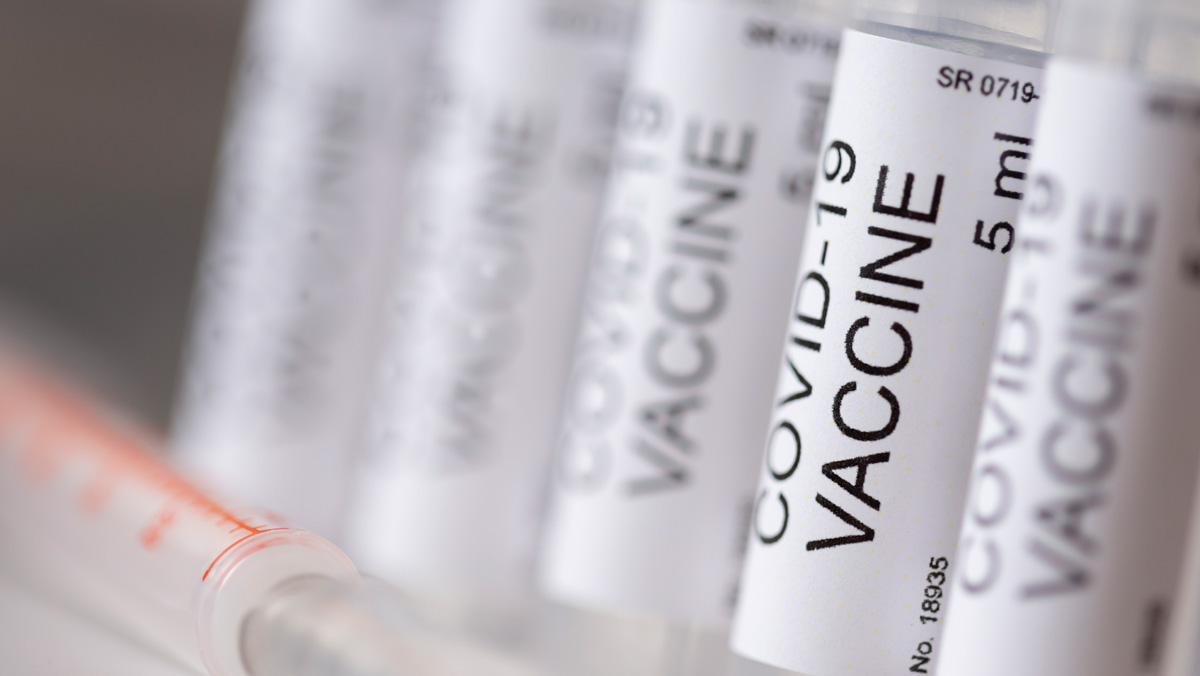Amnesty says COVID jab producers are causing human rights crisis

Amnesty International has slammed the six pharma companies behind the bulk of COVID-19 vaccine supplies for not agreeing to waive their intellectual property rights and share the technology behind them.
The charity says AstraZeneca, BioNTech, Johnson & Johnson, Moderna, Novavax, and Pfizer are fuelling an "unprecedented human rights crisis" as a result and their failure to act "paints a dismal picture of an industry that is woefully failing to respect human rights".
It also accuses the companies of refusing to participate in initiatives to boost global vaccine supply, pointing to figures that it says indicate that out of 5.8 billion doses administered worldwide, just 0.3% have go to low-income countries while 79% have been delivered in upper-middle and high-income countries.
Amnesty has challenged the drugmakers to deliver two billion vaccines by the end of the year – in 100 days – and launched a campaign on social media via the #100DayCountdown hashtag to ramp up pressure on the drugmakers.
https://twitter.com/amnesty/status/1440633941745029120
"Some companies such as Pfizer, BioNTech and Moderna have almost exclusively delivered to rich countries, putting profit before health," according to a report from the non-governmental organisation (NGO), which says those three companies alone are set to make $130 billion combined from their vaccines by the end of 2022.
Among all the drugmakers, AZ receives the least condemnation with Amnesty noting that it has delivered the most vaccines to lower income countries, sells at cost price, and has issued voluntary licenses to some other manufacturers.
Novavax – whose vaccine is not yet approved – gets points for agreeing to provide almost two-thirds of its production to supply the World Health Organization's COVAX facility, which has so far been able to deliver just 296 million vaccines out of a target of 2 billion.
However, both AZ and Novavax still come in for criticism from the NGO for not sharing the IP for the vaccine and opposing the so-called TRIPS waiver – a temporary relaxation of IP proposed by India and South Africa last year and backed by more than 100 countries worldwide.
Amnesty also acknowledges that J&J is providing its vaccine on a no-profit basis, but says it will not be able to deliver the vast majority of its commitments to COVAX and the African Union until 2022, and has refused to grant a license to other manufacturers.
Pfizer/BioNTech and Moderna get the toughest treatment, as they have set high prices for their shots and will make billions of dollars in profits, and have barely provided any supplies to low-income countries, according to the report.
"It should be time to hail these companies, who created vaccines so quickly, as heroes," said Agnès Callamard, Amnesty's Secretary General.
"Instead, to their shame and our collective grief, big pharma's intentional blocking of knowledge transfer and their wheeling and dealing in favour of wealthy states has brewed an utterly predictable and utterly devastating vaccine scarcity for so many others," she added.
As the report was published, Pfizer and BioNTech announced a plan to provide 500 million additional doses of their vaccine at no profit to the US government, taking the total to 1 billion, for subsequent donation to low- and lower-middle-income countries.
Deliveries of the initial 500 million doses began in August 2021, and the total 1 billion doses are expected to be delivered by the end of September 2022. All will be made in Pfizer's US manufacturing facilities.
EU countries meanwhile have promised to donate 1.3 billion doses to 92 developing countries by the end of 2021.












